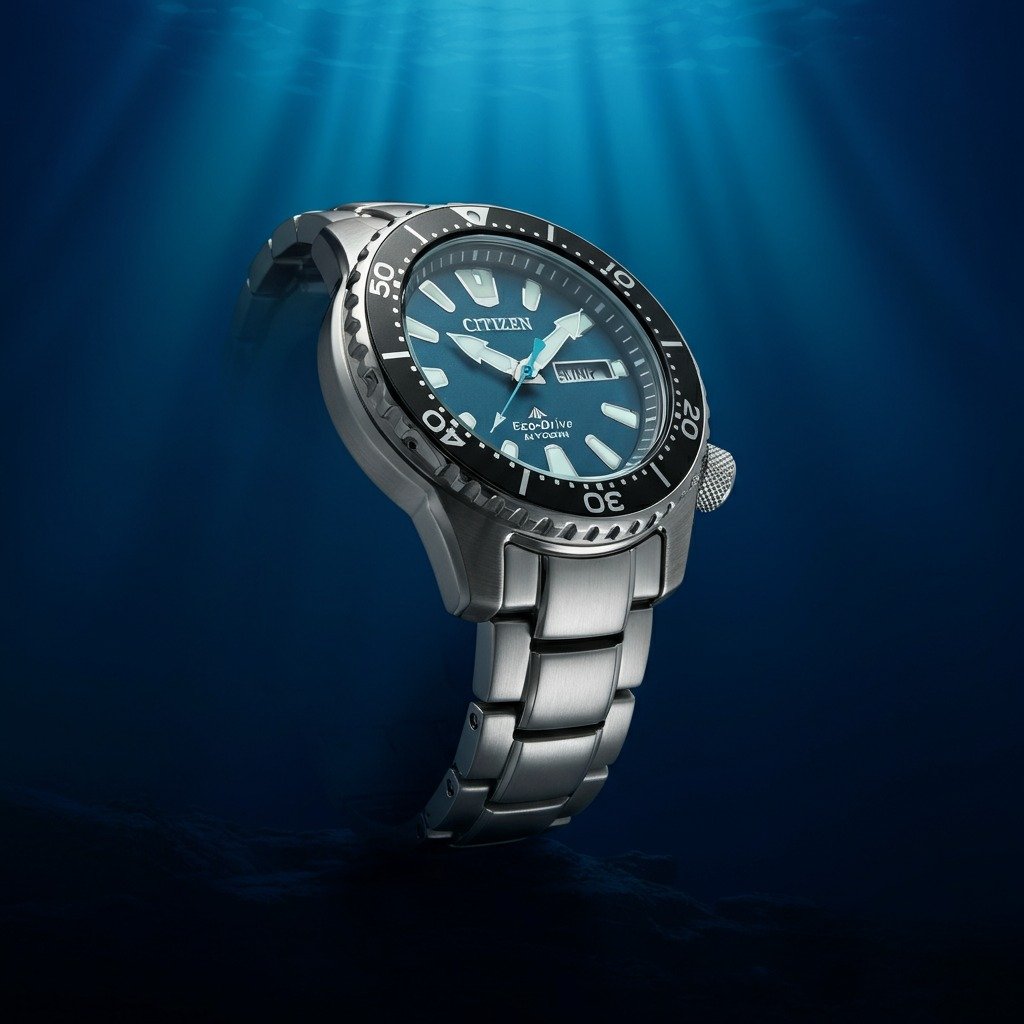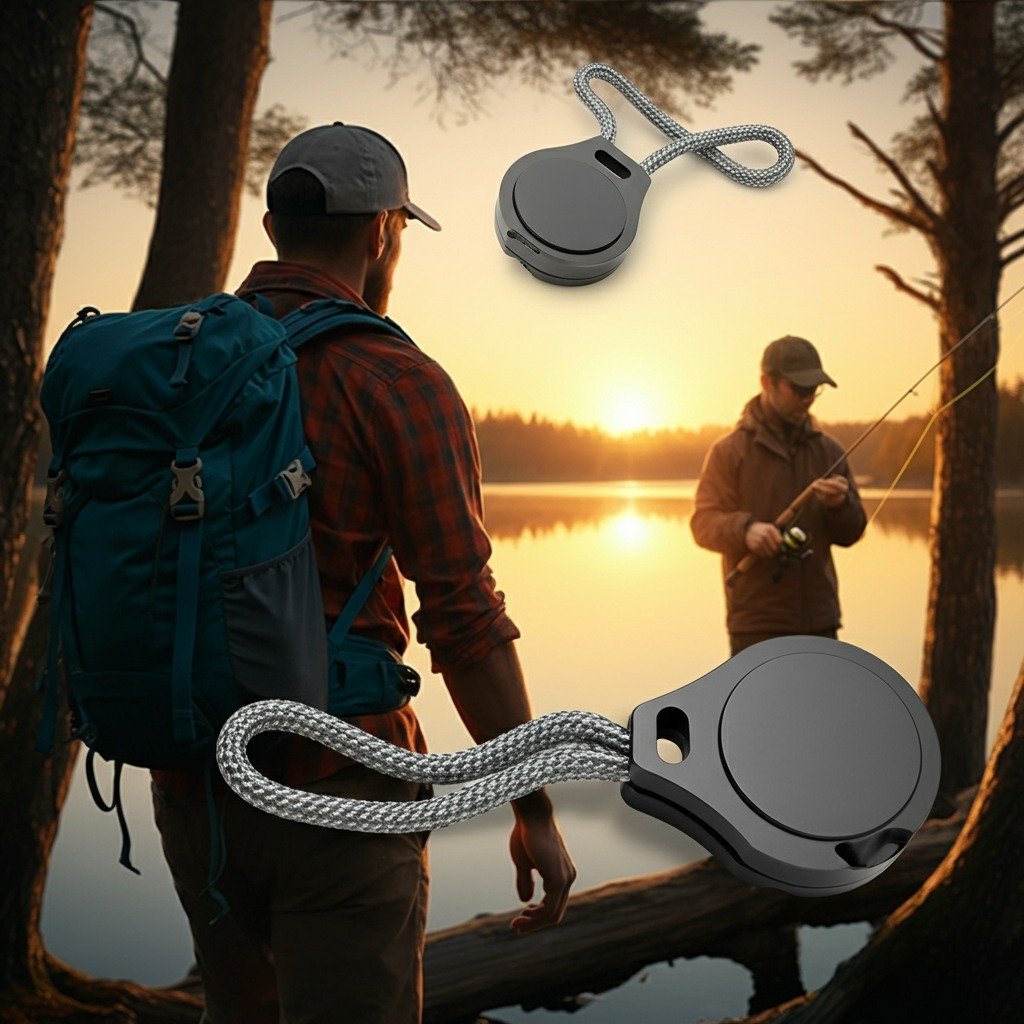Top Best Tankless Water Heater Reviewed for 2025

Are you searching for the best tankless water heater for 2025? This guide covers the latest in tankless water heater reviews. It helps you pick the perfect system. Unlike old water heaters, new tankless models heat water only when you need it.
Our team looked at top brands like Rheem, Rinnai, and EcoSmart. We checked their performance, energy savings, and what users say. This way, we found the most dependable choices for you.
Key Takeaways
- Top models save up to 34% on energy costs compared to traditional tanks.
- Gas and electric options available to match home energy setups.
- Look for units with Energy Star ratings for long-term savings.
- Installation complexity varies; some models require professional help.
- Leading brands offer warranties up to 20 years for peace of mind.
Our reviews focus on systems that offer both upfront value and long-term savings. The comparison table makes it easy to see differences in flow rates, energy efficiency, and installation needs. Whether you want speed or savings, this guide helps you find the best fit for your home.
Understanding Tankless Water Heater Technology
Switching to a energy efficient tankless water heater means understanding its technology. Unlike old storage tanks, tankless systems only heat water when needed. This cuts waste and saves money.
They use heat exchangers to quickly warm water as it flows. This is different from traditional tanks that heat water all the time.
How Tankless Water Heaters Work
Water flows into the unit through a pipe. When you turn on a hot water tap, a sensor starts a gas burner or electric element. The heat exchanger then warms the water fast.
This makes hot water available right away. Traditional tanks, however, keep water hot all the time.
Benefits of Going Tankless
- Energy savings: Up to 34% less energy for smaller homes
- Unlimited hot water: No more running out during showers or laundry
- Compact design: Wall-mounted units save floor space
- Longer lifespan: Lasts 20+ years, longer than traditional systems
Limitations to Consider
- Highest upfront costs (often $800-$2,000)
- Potential need for gas line or electrical upgrades
- Reduced flow rates during simultaneous use in large homes
| Feature | Tankless | Traditional |
|---|---|---|
| Energy Efficiency | 34% savings possible | Continuous energy use |
| Space | Wall-mounted compact unit | Large tank occupies floor space |
| Lifespan | 20+ years | 10-15 years |
The Best Tankless Water Heater Brands of 2025
Choosing the right tankless water heater brand is all about finding the best mix of performance, cost, and what you need. Top brands like Rinnai, Rheem, and Noritz lead the way. They’re known for their reliability and new ideas.
When comparing, think about fuel type, how efficient it is, and the warranty. Here’s a quick look at some top picks:
| Brand | Type | Price Range | Key Features |
|---|---|---|---|
| Rinnai | Gas/Electric | $300–$1,200 | High flow rates, smart thermostats |
| Rheem | Electric | $200–$800 | Affordable entry-level models |
| Noritz | Gas | $400–$1,500 | Heavy-duty construction, long warranties |
Some people love best tankless water heater brand picks like Stiebel Eltron for their small size. EcoSmart is great for those on a budget with electric models. Navien is special because it combines tankless and storage tech in one.
“Rinnai’s reliability has cut my water heating costs by 30%.” — Verified Customer Review
Make sure the flow rate matches your home’s size. Brands with 10+ year warranties, like Noritz, offer great value. Look for Energy Star ratings and smart features for today’s homes.
Gas vs. Electric Tankless Water Heaters: Which Is Right for You?
Deciding between a gas tankless water heater and an electric tankless water heater depends on your home’s needs. Let’s look at the main differences to help you choose.
Top-Rated Gas Tankless Water Heaters
Gas models like Rinnai and Noritz are great for big families. They use natural gas or propane, which can save money if fuel is cheap. Here are some popular choices:
- Rinnai RUT94WN: Perfect for whole homes.
- Noritz NRC211-DVS: Saves energy with 199,000 BTU capacity.
- Takagi T-KJr: Great for small spaces with 2.5 GPM.
Leading Electric Tankless Water Heater Models
Electric options like Stiebel Eltron and EcoSmart are best for smaller homes or special needs. They’re easy to set up and don’t need vents:
- Stiebel Eltron Tempra 36: 5.4 GPM with 240V power.
- Rheem ETHEL2: Ideal for under sinks or bathrooms.
- EcoSmart ECO 19: A budget-friendly choice for 1.8 GPM.
Efficiency Comparison
Gas heaters have Energy Factors (EF) of 0.82–0.94. Electric ones can reach up to 0.99 EF. Electric heaters work well in cold weather, but gas heaters perform better in warmer climates. The cost to run them varies: gas might be cheaper if natural gas prices are low, while electric costs stay the same.
Key Features to Look for in Energy Efficient Tankless Water Heaters
Choosing the right tankless water heater is about finding the right mix of performance, durability, and smart tech. These elements ensure your system meets your family’s needs while saving energy and money.
Flow Rate and Capacity Considerations
Flow rate shows how much hot water a heater can produce in gallons per minute (GPM). Higher numbers are better for bigger homes. The temperature of your groundwater and how many fixtures you use also play a role.
For example, if you have a shower and dishwasher running at the same time, you might need 4–6 GPM. Make sure the capacity of your heater matches your home’s peak water use.
- Calculate your household’s simultaneous water use
- Check temperature rise requirements for your region
- Verify manufacturer’s GPM claims under real-world conditions
Energy Star Ratings Explained
Look for the Energy Star label to ensure your heater is efficient. The Uniform Energy Factor (UEF) shows how well it heats, and the annual energy cost estimate shows long-term savings. Top rated tankless water heaters often go beyond the minimum Energy Star standards.
“Tankless heaters with Energy Star ratings cut energy bills by up to 30% compared to traditional tanks.”
Smart Technology Integration
Modern tankless water heaters come with Wi-Fi, smartphone apps, and voice controls. Features like remote on/off switches and usage alerts help you save energy. Leading brands like Rinnai and Noritz offer preset temperature modes and leak detection.
- Remote temperature adjustments via app
- Usage history tracking for cost analysis
- Voice control compatibility (Alexa/Google Home)
Durability and Warranty Factors
Look for heat exchangers made from copper or stainless steel to resist corrosion. Models with scale prevention systems will last longer. Warranties vary, with indoor units often getting 10–15 years and outdoor units having shorter terms.
Compare warranties from brands like Bosch (12-year parts) and Stiebel Eltron (6-year labor). Choose companies with local service networks.
Tankless Water Heater Installation: What You Need to Know
Getting a tankless water heater installed by a pro is crucial. They handle gas line sizing, venting, and electrical setups. These tasks need special skills to avoid mistakes or code issues.
Key installation factors include:
- Gas lines: You might need to upgrade pipes for high-demand models.
- Venting: Gas units need the right exhaust systems to safely vent fumes.
- Electrical work: Electric models require 120–150 amp service and dedicated circuits.
Installation costs range from $1,000 to $3,000. This depends on upgrades like plumbing changes or adding a water softener. Most installations take 4–8 hours, but bigger homes might take longer. Always check local permits—unauthorized work can void warranties.
While some DIYers can place the heater or make small adjustments, never try gas line work or electrical wiring yourself. Licensed technicians ensure your installation meets codes and keeps your warranty valid. If you live in an area with hard water, you might need a water softener to protect your heater.
Choosing the right spot for your tankless water heater is important. Indoor units work well in utility rooms, while outdoor models save space. Make sure it’s close to where you need hot water and leave room for future maintenance.
Conclusion: Making the Right Investment for Your Home
Choosing the right tankless water heater is about finding the perfect match for your home. These systems save energy, use less space, and provide hot water when you need it. They offer long-term benefits that grow over time.
Start by thinking about how much hot water you use every day. Also, consider the fuel options and your budget. If you’re looking to save money, there are affordable tankless water heaters under $700. They’re great for smaller homes or for specific areas like sinks or showers.
Even though they cost more upfront than traditional tanks, their long lifespan and energy savings make up for it. Many places offer rebates or tax credits, making them even more affordable. Look for models that fit your climate and how you use hot water.
A good choice today means comfort and savings for years to come. Whether you choose a budget-friendly option or a high-capacity model, focus on durability, efficiency, and warranties. Making the right choice now will pay off for decades.
FAQ
What is a tankless water heater?
A tankless water heater heats water on demand without a storage tank. When you turn on a hot water tap, cold water flows into the unit. It’s then heated by gas or electric coils, giving you endless hot water. This method is more energy-efficient than traditional tanks.
What are the benefits of using an energy efficient tankless water heater?
Energy efficient tankless water heaters save on energy bills. They last longer, often over 20 years, and take up less space. They’re also better for the environment, reducing carbon footprints.
How do I choose between a gas tankless water heater and an electric tankless water heater?
Choosing depends on your home and hot water needs. Gas models handle more water at once, great for big families. Electric ones are easier to install and better for smaller homes. Think about costs, usage, and fuel availability in your area.
Are there any limitations to using tankless water heaters?
Yes, there are some downsides. They cost more upfront and might need system upgrades. They can’t handle lots of water at once in big homes. Always check your hot water needs before getting one.
How do I install a tankless water heater?
Installing a tankless water heater should be done by a pro. It involves gas line, venting, and electrical work. Costs range from $1,000 to $3,000 and takes 4-8 hours. DIY is possible but some tasks are best left to experts.
What should I look for in tankless water heater reviews?
Look for energy efficiency, flow rates, and reliability in reviews. Check warranties and smart features too. User experiences can help you choose the right one for your home.
How do I calculate the right tankless water heater size for my home?
To find the right size, think about your home’s peak hot water demand. Consider how many fixtures you’ll use at once and their flow rates. Choose a model that meets your demand and is energy efficient.


